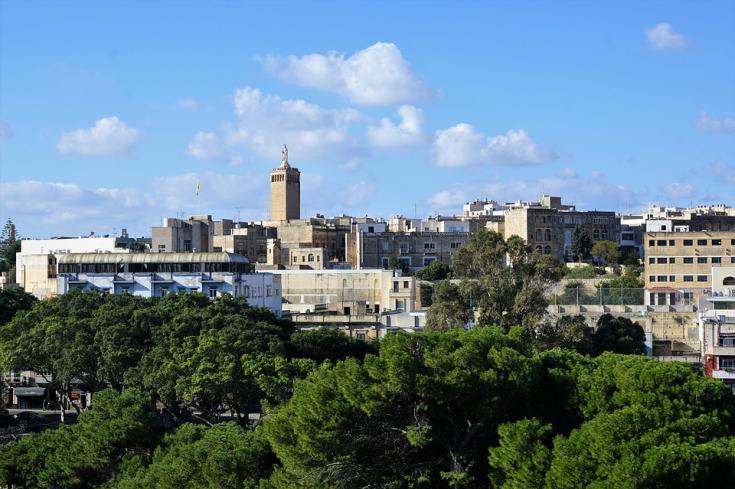Marsascala Family Park in Malta: Rehabilitation and transformation of a landfill into a park

Malta is a densely populated and highly urbanised country which makes it more susceptible to a wide range of environmental challenges. Because of its small territory (316 km2), waste management is of great importance for Malta and in order to upgrade country’s environment infrastructure, major EU co-funded projects were implemented.
One such project involves the permanent closure of landfills with the aim of transforming them into open public spaces. The project also includes the rehabilitation of the Marsascala (Malta) landfill and turning the area into a family park. The transformation of the former landfill into a recreational area is the focus of this good practice highlighted by Interreg Europe COCOON project.
This project is the first of its kind in the Maltese Islands and can be replicated for the rest of the closed landfills in the country. It can be an interesting example for other regions with old landfill sites and suffering from scarcity of land.
The COCOON project
The objective of COCOON is to develop, integrate and improve relevant policy instruments, while increasing funds for landfill management projects through Operational Programmes of the European Regional Development Fund.
Used as landfill during the 1970s, the site is located in the outskirts of the village of Marsascala in the south of Malta and covers an area of circa 85,000m2. The results of the analysis of the closed landfill have demonstrated that there were no longer risks of gas and leachate dispersion. The amount of circa 7 MEUR from the EU Cohesion fund and the European Agricultural Fund for Rural Development (EAFRD) was invested in the period 2010-2013 in project activities which included conservation, restoration and upgrade of the adjacent rural heritage as well afforestation.
The main project activities consisted of:
- Earthworks including capping and adding geocells,
- Construction of retaining walls,
- Placing subsoil and topsoil for surface water drainage, and
- The installation of an irrigation system and landscape planting.
The watercourse in the northern part of the park was restored to address flooding problems reaching capacity of over 4,200 cubic metres per hour at any time. Furthermore, the project includes two reservoirs with a total capacity of 1,692 cubic metres, to be utilised for irrigation purposes. The recreational facilities in the park consist of a picnic area, a recreation/leisure area on the former waste mound, a dog park and an equestrian area. The visitor centre that was constructed serves also as an education centre on waste management. The park offers various play areas for different age groups, car parking facilities and a restored chapel.
Results
The main beneficiaries of the project activities were the citizens of Malta and especially the residents in the area surrounding the Marsascala landfill (circa10,000 people). The park has become an important attraction on the island and is visited annually by a large number of people. This project has created a number of jobs related to park and operations management, administration, security and cleaning, etc. In addition, it brought environmental benefits such as the creation of new habitats for birds and other fauna as a result of afforestation and improved flood protection. The park was inaugurated in February 2013 and is open daily to the public.
